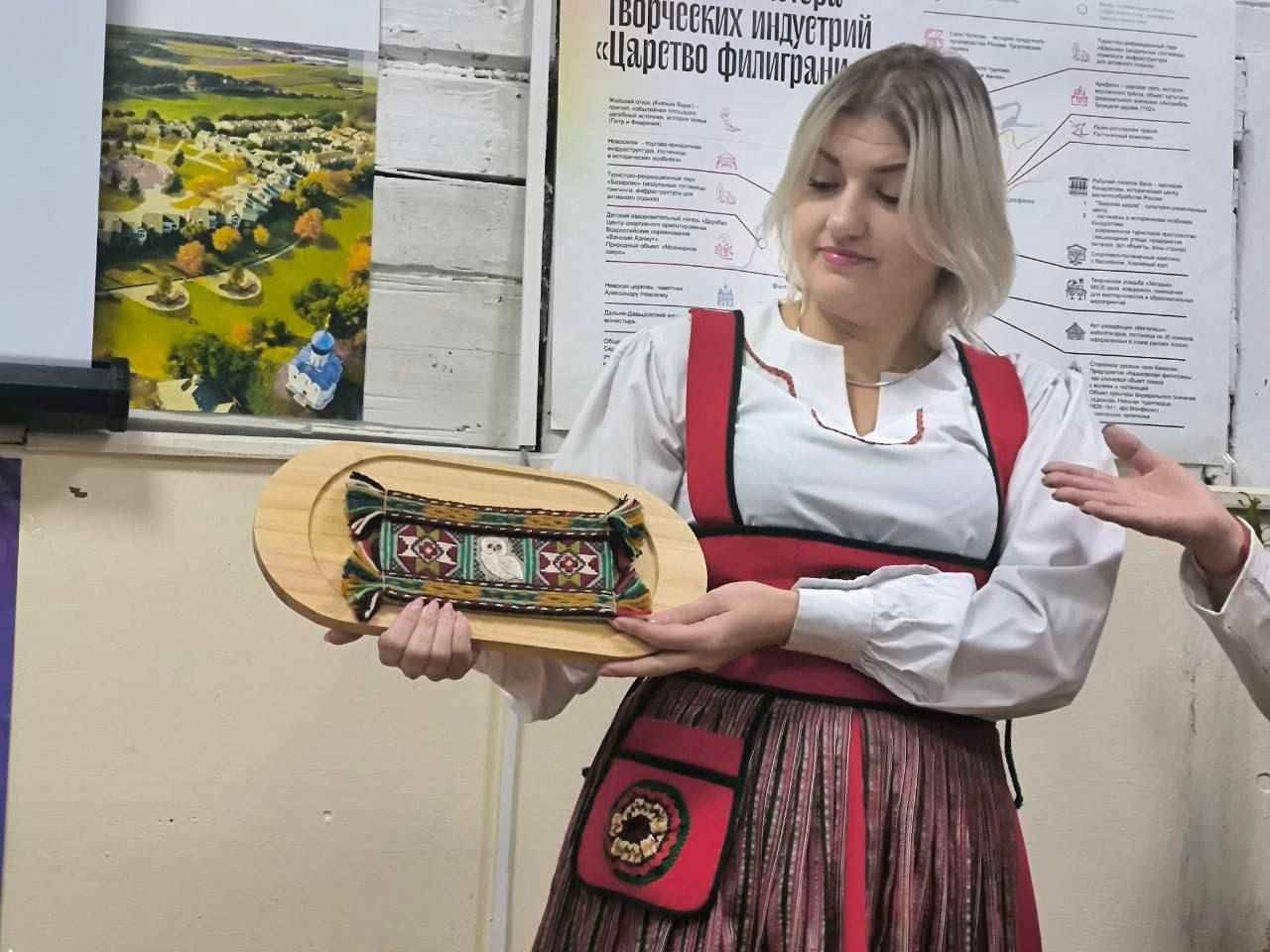World Public Assembly to Host Global Round Table on Traditions and Spiritual Values

One of the central themes of the upcoming World Public Assembly (WPA) will be “Spiritual and Cultural Unity and Service to Values.” Within this framework, the international round table “Traditions as a Resource for the Future” will convene experts from across the world to discuss the preservation of cultural heritage and the transmission of local traditions through symbols and codes of territories.
The round table will unite leaders of territorial development, representatives of NGOs, masters of folk crafts, cultural researchers, and community activists from nine countries. The dialogue will focus on revitalizing communities by promoting folk arts and crafts, strengthening partnerships between local groups, and exchanging best practices in cultural heritage preservation.
Key Participants
Confirmed speakers include:
-
Anar Izden – Chairman, Alliance of NGOs of the Kyzylorda Region (Kazakhstan)
-
Asif Shaikh – Indian embroiderer and textile expert, Founder of the Craft Design Society (India)
-
Carolina Gaspar – Director, Mexico-Russia Cultural Center (Mexico)
-
Representatives of the International World Council of Crafts (UAE)
-
Sergey Lisin – Head, Vacha Municipal District, Nizhny Novgorod Region (Russia)
-
Elmira Samokhina – Head, Representative Office of the World Peoples in Sverdlovsk Region (Russia)
Experts from Portugal, Tajikistan, and Turkmenistan are also expected. The world-renowned Serbian filmmaker Emir Kusturica, founder of the cultural micro-city Kustendorf, has received an invitation to participate.
Highlight: The “Belt of Peace”
A centerpiece of the round table will be the International Creative Action “Belt of Peace.” Launched in July 2024 by the World Peoples Assembly, the Center for Social Technologies “Dealing with Meaning” and the Vacha Municipal District (Russia), the initiative presents cultural symbols of various territories to promote mutual understanding.
The Belt of Peace is a symbolic belt made of unique links, each crafted in the traditional style of a specific region. These fragments reflect local cultural codes and traditions. To date, more than 50 belt fragments have been presented by different regions of Russia, each accompanied by information on the creators and the symbolic meanings of their work.
Trust-Based Dialogue
In addition, participants will explore a technology of trust-based communication, designed to help communities reach agreements grounded in shared values—much like the philosophy behind the Belt of Peace.
According to moderators Galina Tsyshchuk (Head of the Happy City Territorial Development Program, Center for Social Technologies “Dealing with Meaning”) and Elena Didenko (Project Marketer, Head of the Heritage Leaders educational program), the round table emphasizes the role of cultural codes in shaping territorial identity:
“Defining the cultural code of a region and its elements is key to territorial development. Understanding these codes—and through them, values—gives people, especially youth, a point of belonging, love for their homeland, and inspiration for creativity and mastery. The land itself becomes an inexhaustible source of artistic growth.”
